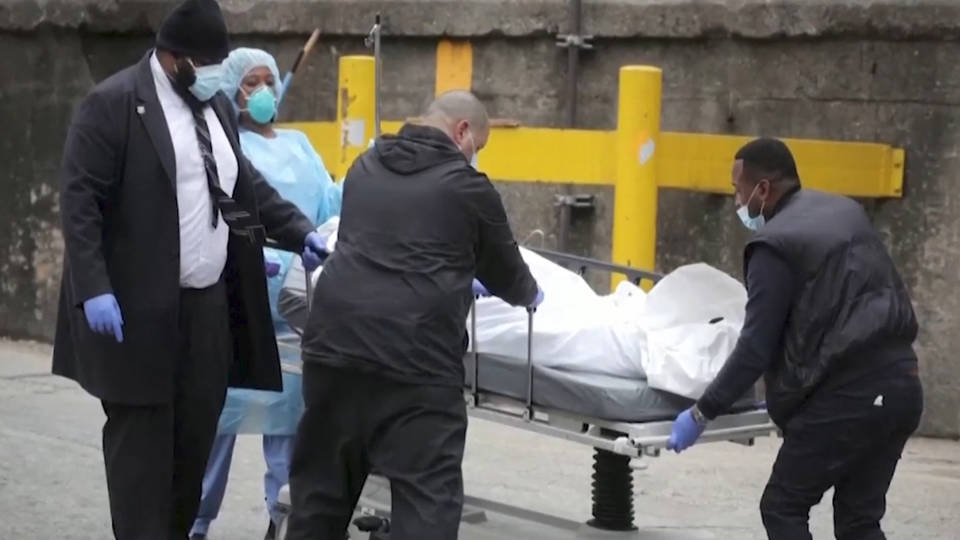The U.S. Centres for Disease Control and Prevention (CDC) plans a nationwide study of up to 325,000 people to track how the new coronavirus is spreading across the country into next year and beyond, a CDC spokeswoman and researchers conducting the effort told Reuters.
The CDC study, expected to launch in June or July, will test samples from blood donors in 25 metropolitan areas for antibodies created when the immune system fights the coronavirus, said Dr. Michael Busch, director of the nonprofit Vitalant Research Institute.
Busch is leading a preliminary version of the study – funded by the National Heart, Lung and Blood Institute and the National Institute of Allergy and Infectious Diseases – that is testing the first 36,000 samples.
The CDC-funded portion, to be formally announced this week, will expand the scope and time frame, taking samples over 18 months to see how antibodies evolve over time, said CDC spokeswoman Kristen Nordlund.
Vitalant, a nonprofit that runs blood donation centers and tests samples, will lead the broader effort as well.
Researchers aim to publish results on a rolling basis, Nordlund said.
Antibody studies, also known as seroprevalence research, are considered critical to understanding where an outbreak is spreading and can help guide decisions on restrictions needed to contain it.
